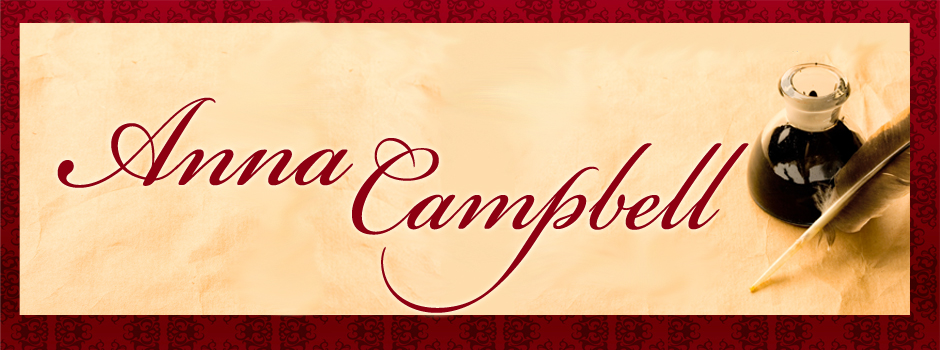A fortnight ago, I hosted an author chat with a bunch of readers at the Brisbane Writers Festival in Queensland, Australia, where I live. Included in the audience were some very brave males – I always admire men who can front such an obviously female enclave as a romantic fiction discussion. One particularly impressive young man visiting from Texas is writing a young adult novel. He came to my talk because he wanted help with creating a more rounded heroine (and no, I don’t mean feed her chocolate, although thanks to sponsors, Baci Chocolates, that could have been a possibility!).
He asked a question that prompted howls of horror from all the (romance-reading) women in the audience. And that was – after the happy ending, do romance authors ever put in an epilogue indicating that things didn’t work out after all?
Well, you can imagine!
One of the things non-romance readers deride in our genre is that many elements of the stories are ‘predictable’. The word ‘predictable’ automatically has prejudicial overtones – which is obviously why these people use it. I prefer terms like ‘themes’, ‘tropes’, ‘beats’, ‘turning points’. And as a long time romance reader, I love seeing how a particular author uses those familiar elements. Mr. Texas’s question got me thinking about some of the things that I love to see over and over in a romance novel.
For me, every romance I read contains a number of essentials – much like there’s always a dead body in a murder mystery.
There’s a first meet (even if it’s not the characters’ first meet, it’s the first time the reader sees them interacting and goes ‘Aha! They’re going to fall in love!’). That’s almost always early in the book. I made a comment at the BWF talk that romance readers are like baby geese – they imprint on the first eligible male who turns up on the page and decide he’s the hero.
Then we discover what’s keeping our hero and heroine apart, usually factors both internal and external. We don’t like to make it easy for our characters to get together at the end. They need to earn their happy ending.
There’s almost always a first kiss. This is one of my favorite parts of a romance novel because it’s the moment when it’s pretty clear these two just won’t be able to stay away from one another. Sigh.
We frequently get a first love scene when our characters are naked emotionally as well as physically for the first time. The characters take huge risks when they get it on the first time, which is one of the reasons I love to read those bits. I especially love it when the first love scene doesn’t resolve any of the conflict between the hero and heroine, but just makes things a gazillion times worse. And if there are more love scenes (and often there are), that gazillion times worse thing just keeps repeating. Delicious!
Then there’s that moment toward the end of a book when it looks like the forces of darkness are going to win. Oh, no!!! In spite of the fact that we KNOW that this is a romance and these two are going to conquer the barriers separating them, we always get desperately worried at this point.
Finally we get the happy ending. Our hero and heroine have discovered a love that will last a lifetime, and while nobody’s life is completely clear sailing, their relationship is strong enough to weather whatever the world throws at it. Reader exits book on blissful sigh. If we’re lucky, we get a luscious epilogue that proves the happy ever after goes on, well, ever after!
What’s wonderful about the romance genre is that millions of books have been written using this structure and millions more will be written, and every book is different. My seventh book, SEVEN NIGHTS IN A ROGUE’S BED (clearly seven is a powerful number!), is out on 25th September and I can promise you that it contains every single one of these tropes and in this particular order. So have my previous six books – while all having very different stories. This structure provides a strong skeleton for a dazzling variety of chocolatey good romance novels! Long may it live.
This article first appeared on the Romance University blog on 19thSeptember 2012
